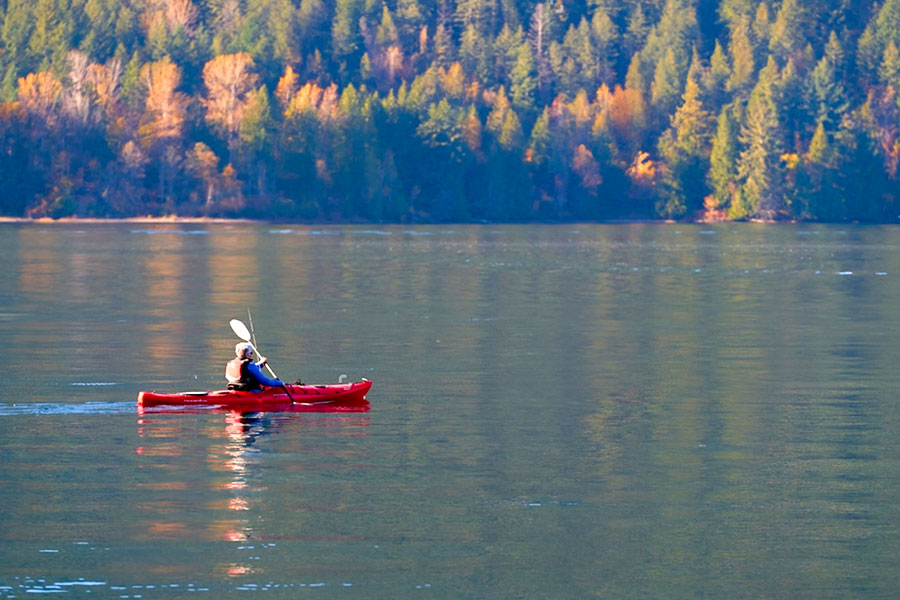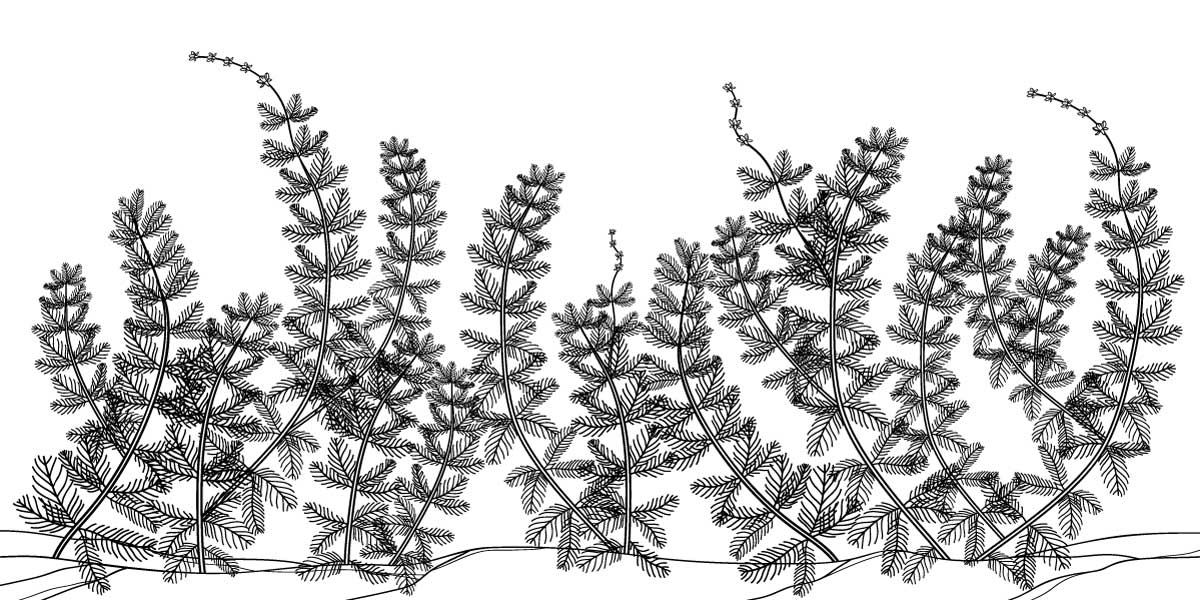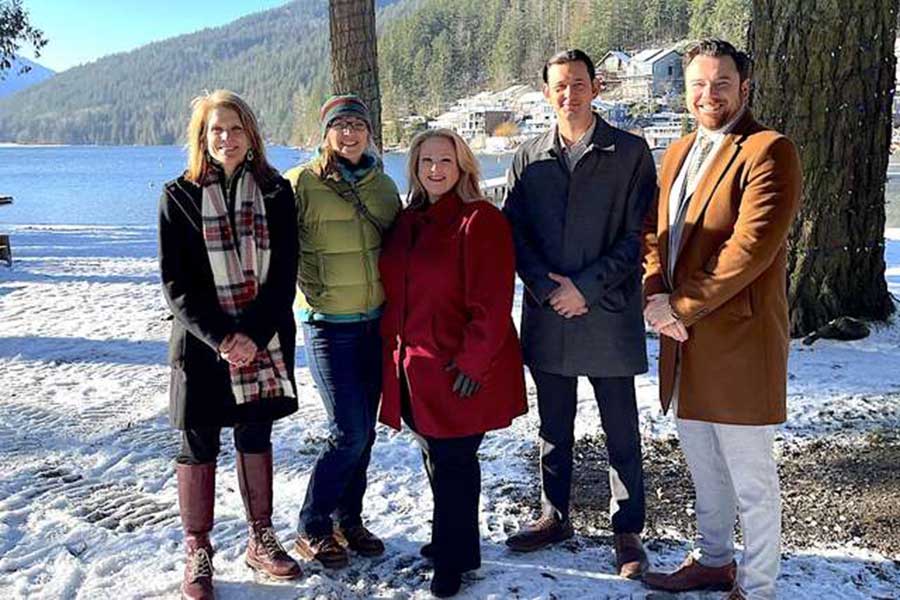Care of Cultus Lake
For all who live and play in the Fraser Valley, Cultus Lake is a jewel. The lake, however, needs help to secure its future health.
The Fraser Basin Council has for many years provided assistance to the Cultus Lake Stewards (CLASS), a non-profit group seeking to address concerns about lake water temperature, water quality, nutrient loading and aquatic invasive species ― particularly Eurasian watermilfoil and other milfoil species. To learn more, visit the CLASS site.
The most recent focus are research projects at Cultus Lake to learn more about lake eutrophication and to raise awareness of the issue.

About Cultus Lake
Set at the edge of the Cascade Mountain foothills just south of the central Fraser Valley, the Cultus Lake watershed is home to a diverse range of aquatic and land-based animals, including 21 fish species, two of which are unique to the lake:
Long prized for its tranquil and natural beauty, Cultus Lake is in the ancestral land of the Ts’elqwxeyeq Tribe, which includes the Soowahlie First Nation, and who are part of the Stó:lō Nation. For millennia, their people have gathered on its shores to share stories, to live, to harvest and to fish. Their cultural imprint echoes in familiar names today – Chilliwack, Sumas, Cultus, Sweltzer, sockeye – and the lake remains a deeply important touchstone to Indigenous communities in the area.
The Ts’elxweyeqw perspective is this: S’ólh témexw te íkw’ eló. Xólhmet te mekw’stám ít kwelát – This is our land. We have to look after everything that belongs to us.
A quiet home for about 1,500 year-round residents, the lake community bustles in the summer as more than two million visitors arrive from around the Lower Mainland and beyond to enjoy recreational activities ranging from hiking, swimming, boating and fishing to camping, golf and waterslides.
Cultus Lake, however, is undergoing a process that threatens its unique aquatic species and its natural assets and ecosystems: cultural eutrophication.
Cultural Eutrophication
Cultural eutrophication occurs when excess nutrients, such as nitrogen and phosphorus derived from human activity, enter into an ecosystem. Nitrogen and phosphates build up in soils, escape into the air as dust and air pollution, and seep into streams and lakes. In the water, the nutrients accelerate plant growth and blue-green algae, which in turn disrupts the ecosystem balance by reducing food sources and dissolved oxygen needed by fish, and so making the aquatic habitat unliveable for many native species.

Eutrophication can disrupt the natural balance and rhythms of the lake, and that would make it difficult for juvenile salmon and other aquatic species to thrive and survive. For humans, the signs of change include fewer native fish species, more invasive species, cloudy water and in later years, toxic blue-algae blooms.
Currently, the lake’s two endemic fish are already deemed to be at risk:
A Bellwether Lake in the Fraser Valley
Researchers at the Cultus Lake Salmon Research Laboratory (DFO Lakes Research Program) have monitored the eutrophication process in Cultus Lake over the past decade. Cultus is a bellwether lake, which suggests that similar cultural eutrophication changes could be expected in other peri-urban freshwater lakes in the Fraser Valley watershed.
In 2014, Fraser Basin Council obtained funding from the Fraser Salmon & Watersheds Program and Canadian Wildlife Federation – Endangered Species Fund to enable a study on nutrient volumes in Cultus Lake and their sources. See:
These findings were further updated with the DFO Lakes Research Program researchers in 2019. See:
The studies identify the main sources of nitrogen and phosphorus to be:
In 2020, in partnership with the Fraser Valley Watershed Coalition, with the DFO Lakes Research Program, and with funds from the Canada Nature Fund – Aquatic Species at Risk, Fraser Basin Council produced papers about cultural eutrophication intended to raise awareness with the public and community leaders:
Eutrophication Can Be Reversed with the Right Actions
Left unchecked, the eutrophication of Cultus Lake can lead to significant ecosystem degradation. The effects of a changing climate and invasive species in the lake make the need for action even more urgent. The negative impacts could bring far-ranging environmental, cultural, social and economic losses for Cultus Lake and other Fraser Valley communities.
The good news is that people can reverse eutrophication in Cultus Lake by reducing the levels of nutrients entering the lake.

A moment to celebrate the December 2022 announcement of a $10 million Cultus Lake wastewater treatment upgrade. Pictured are FVRD electoral area H director Taryn Dixon, FBC's Assistant Regional Manager (Fraser Valley) Christina Toth, Chilliwack-Kent MLA Kelli Paddon, FVRD chair Jason Lum, Cultus Lake Park Board chair Kirk Dzaman. Photo: Jennifer Feinberg.
For example, informed by the eutrophication studies, the Fraser Valley Regional District is building a Class A-plus septic wastewater system for Cultus Lake communities with the intention to extract most of nitrogen and phosphorus from the treated effluent before it is released into the ground. The new septic treatment system will help reduce nutrient volumes entering the lake, and it will be a model for other communities facing similar challenges.
There are also other key sources of excess nutrients in the lake, as found in the research, and the Fraser Basin Council is always willing to work with community partners on exploring ways to protect Cultus Lake and its exceptional inhabitants.



